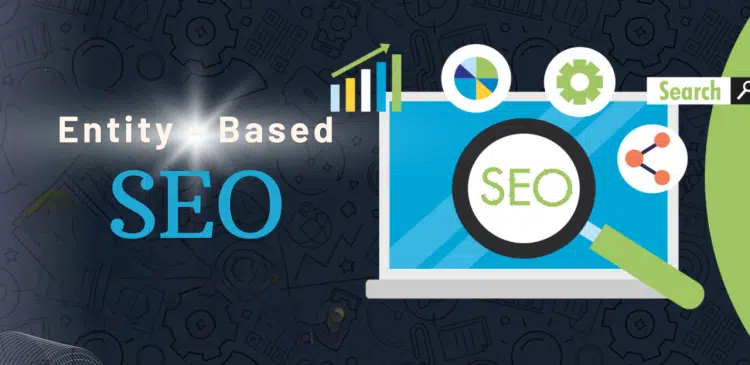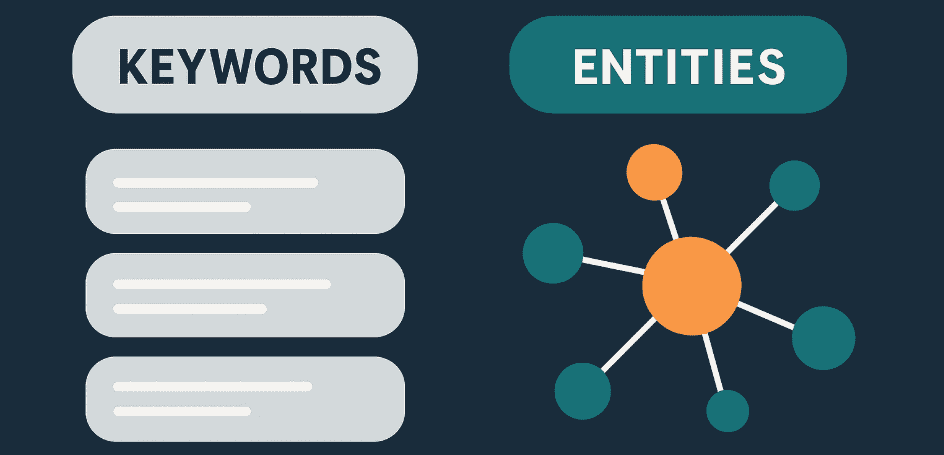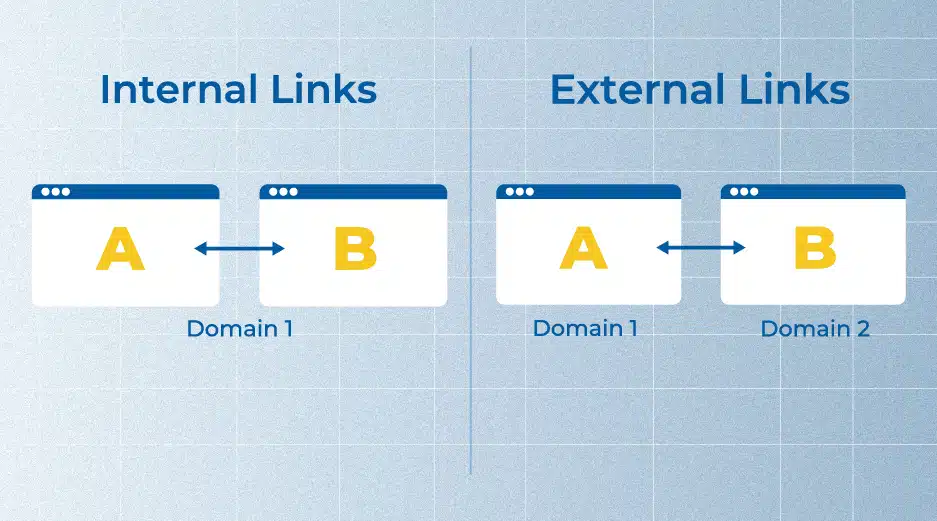What Are Entities in SEO?

Search Engine Optimization (SEO) has come a long way from just using keywords. In the modern world, search engines, such as Google, are smarter and know more than single words – they comprehend objects. But just what are entities in SEO and why are they important?
In this article, we are going to deconstruct the concept of entities, their influence on SEO, and how you can use entities to optimize your content.
What Is an Entity?
Things, persons, places, organizations, ideas, or concepts that can be identified as unique are referred to as entities.
Simply put, whenever one can define something, classify it and assign its meaning or identity, it is an entity.
Examples of Entities
- Subject: Taylor Swift, Barack Obama.
- Setting: New York City, Grand Canyon.
- Organization: Apple Inc., The Red Cross
- Thing:iPhone 15, Tesla Model Y
- Idea: Artificial Intelligence, Climate change.
Things are not restricted to proper nouns. They may contain general notions provided that they are clear in the context and meaning.
How Google Understands Entities
Google employs a knowledge graph system to comprehend entities and their relation to each other. As an example, when you type in Elon Musk, Google does not simply search those two words, it knows that Elon Musk is a human being, the CEO of Tesla and SpaceX and relates him to a large number of other things. This conceptualized knowledge assists Google to give more pertinent and precise results.
Entities vs. Keywords
What’s the Difference?
- Keywords are the real words people use when they are searching Google.
- Entities are real-world entities or things those keywords are related to.
For example:
- Keyword:“best electric car 2025”
- Subjects: Tesla Model Y, electric car, range of battery, safety rating.
 Why Entities Matter More Today
Why Entities Matter More Today
Google has shifted away to semantic understanding as opposed to keyword matching. This implies that it considers the sense of the search, and not only the words.
Then instead of keyword stuffing your content, you now have to work on meaningful, relevant information around entities.
Why Entities Matter in SEO
Improved Search Visibility
Once Google identifies your material as connected to recognized entities, it is able to relate it to additional searches- even those that do not necessarily use the same key words as your original search.
This Increases Your Content a Higher Likelihood of Appearing In:
- Organic search results
- Knowledge panels
- “People also ask” sections
- Featured snippets
Better Topical Authority
A topical relevance is achieved through the use and description of entities in your topic. This informs the search engines that your site is an authoritative site in your niche.
As an example, when you write about a health-related blog and you write about things such as heart disease, cholesterol, and cardiovascular system, Google perceives your site to be more reliable in health-related searches.
Enhanced User Experience
Entity Based Content is More Detailed and Informational with the Result:
- Longer time on site
- Lower bounce rates
- Higher user satisfaction
All this is good news to Google.
How to Optimize for Entities in SEO
This is the way you can match your content with the entities to enhance your SEO.
Use Structured Data
Organized information assists search engines to comprehend the content of your information.
Use Schema Types Such As:
- Person
- Organization
- Product
- Event
- Article
It can be simplified with such tools as Google Structured Data Markup Helper or such a WordPress-based plugin as Yoast SEO.
Create In-Depth Content Around Entities
Rather Than creating thin content surrounding one key word, set out to create extensive content that addresses:
- The entity itself
- Related entities
- Context and usage
Examples: When you write about Tesla as a subject, you should have some information on Elon Musk, electric cars, battery, and autonomous driving.
Use External and Internal Linking
- Connectioning assists Google in knowing about connections among things.
- Internal Links: Link related subjects on your site.
- External Links: Have references to authoritative sources (e.g. linking to Wikipedia, news sites or government sites).
This develops trust and increases the knowledge that Google has about your content.
 Add Entity Variations and Synonyms
Add Entity Variations and Synonyms
The searchers will use various phrases to mean the same thing.
Use:
- Synonyms
- Acronyms
- Related terms
Examples: NYC, New York and the big apple are all the same place.
Optimize for the Knowledge Graph
Be Certain to List Your Business or Brand on:
- Google Business Profile
- Wikipedia
- Wiki data
- LinkedIn and social media
These sources are fed into the Knowledge Graph of Google and are beneficial in establishing your presence as an entity.
Real-World Example: Entities in Action
Suppose you are writing about the article about the best coffee shops in Seattle.
You might not merely give the names of the shops, but:
- Talk about Seattle (place entity).
- Discuss local sites (ex: Pike Place Market).
- Consider well-known coffee chains such as Starbucks (organization entity)
- Explain words about coffee (e.g., latte, espresso, cold brew).
In doing so, you will make your content richer in entities which will have a greater likelihood of ranking and appearing in more search results.
Common Tools to Identify Entities
The Following Tools May Assist in the Analysis of the Entities in Your Content:
- Google NLP API: Picks out entities and sentiment in text.
- In Links: Displays the way your content is connected to Knowledge Graph entities.
- SEMrush & Ahrefs: Monitor the topical relevance and keywords/entity overlap.
- Surfer SEO: Is a semantic entity-based SEO recommender.

 Bill Yeager, Co-Owner of High Point SEO & Marketing in CT
Bill Yeager, Co-Owner of High Point SEO & Marketing in CT